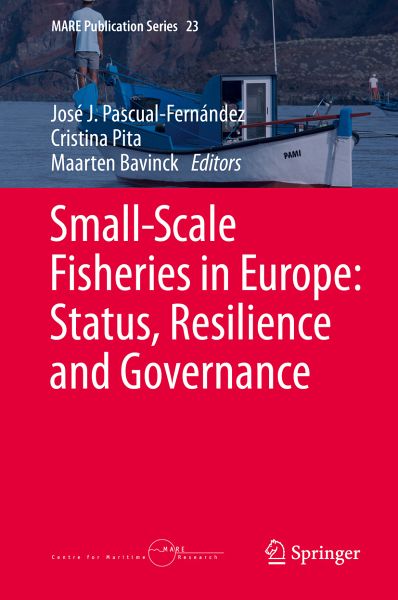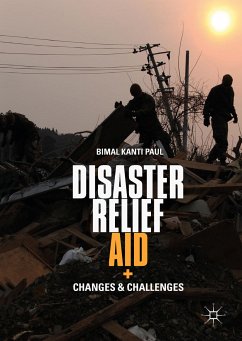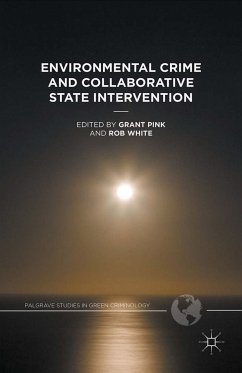
Small-Scale Fisheries in Europe: Status, Resilience and Governance (eBook, PDF)
Versandkostenfrei!
Sofort per Download lieferbar
96,95 €
inkl. MwSt.
Weitere Ausgaben:

PAYBACK Punkte
48 °P sammeln!
This book offers a comprehensive account of the status and dynamics of people participating in the small-scale fisheries (SSF) of Europe. It covers the situation of SSF in 25 coastal countries, thereby providing a portrait of almost every coastal country on the continent and analyzing the recent evolution of the sector. Small-scale fisheries are argued to be extremely important in Europe, as they provide employment and welfare, while increasing food sovereignty and maintaining communities in coastal areas. The recent worldwide focus on SSF derives from their environmental sustainability, which...
This book offers a comprehensive account of the status and dynamics of people participating in the small-scale fisheries (SSF) of Europe. It covers the situation of SSF in 25 coastal countries, thereby providing a portrait of almost every coastal country on the continent and analyzing the recent evolution of the sector. Small-scale fisheries are argued to be extremely important in Europe, as they provide employment and welfare, while increasing food sovereignty and maintaining communities in coastal areas. The recent worldwide focus on SSF derives from their environmental sustainability, which distinguishes many of their activities from those of large-scale fisheries. This book analyses the diversity of SSF and shows how fishing communities have sometimes developed successful governing models, demonstrating social and economic resilience. While the book emphasizes the strengths of SSF and the synergies that occur with other marine sectors, it also presents cases of failure, in whichcollective action and policy have actually contributed to a weakening of the sector. In this context, the book shows how governmental policies toward SSF vary considerably from country to country, in a way that is not entirely consistent with European policies.
Dieser Download kann aus rechtlichen Gründen nur mit Rechnungsadresse in A, B, BG, CY, CZ, D, DK, EW, E, FIN, F, GR, HR, H, IRL, I, LT, L, LR, M, NL, PL, P, R, S, SLO, SK ausgeliefert werden.












